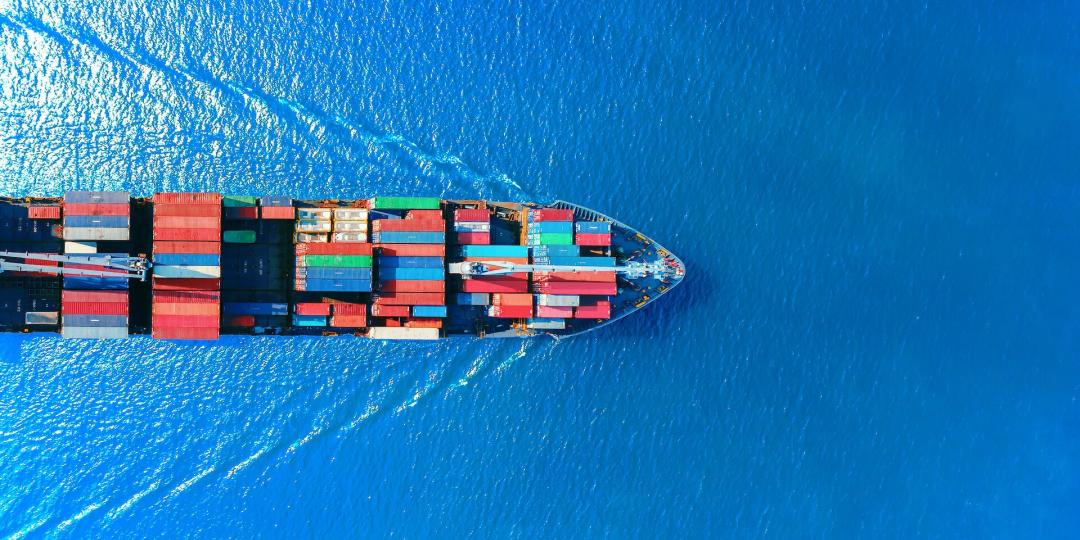Vessel operating cost inflation has slowed this year amid a decline in some Covid-related expenses and with high vessel earnings encouraging some owners to postpone non-essential maintenance work, according to the Ship Operating Costs Annual Review and Forecast 2021/22 report published by global shipping consultancy Drewry.
The wider macroeconomic developments are, however, raising inflationary risks as are decarbonisation initiatives, according to the report.
The consultancy estimates that average daily operating costs across the 47 different ship types and sizes covered in the report rose 0.7% in 2021, which represented a sharp slowdown from the increase of 4.4% recorded in 2020 when operating expenditure (opex) rose at its fastest pace in over a decade.
This compared to increases of 2-2.5% in the two prior years and a net 8% decline in operating costs over 2015-17.
“Owners have taken advantage of the resumption in trade growth and rising vessel earnings to keep ships in service for longer, depressing some areas of spend,” said Latifat Igbinosun, head of vessel opex research at Drewry.
The report points out that a high proportion of 2021 opex increases were driven by marine insurance costs, which rose 4.3%, slightly higher than 4% recorded during 2020. “This was due to a hardening of both hull & machinery (H&M) and protection & indemnity (P&I) premiums during 2020, and this continued into 2021. But spend declined in stores and repair & maintenance (R&M) as some Covid-19 related costs unwound and vessels had limited downtime for maintenance work during the year.”
The rise in costs, says Drewry, was broad-based across all the main cargo carrying sectors for the fourth consecutive year, albeit at a much slower rate compared with last year. “The latest assessments include vessels in the container, chemical, dry bulk, oil tanker, product tanker, LNG, LPG, general cargo, reefer, roro and car carrier sectors.”
The highly uncertain environment – as Covid continues to disrupt schedules – makes predictions difficult, despite buoyant demand.
“We expect the pressure on costs to remain, which will dampen any likely inflation, but decarbonisation regulations will add to owner cost burdens over the medium term.”













